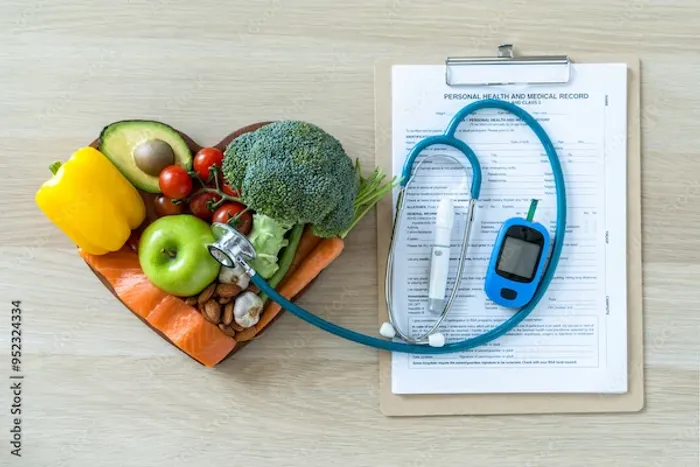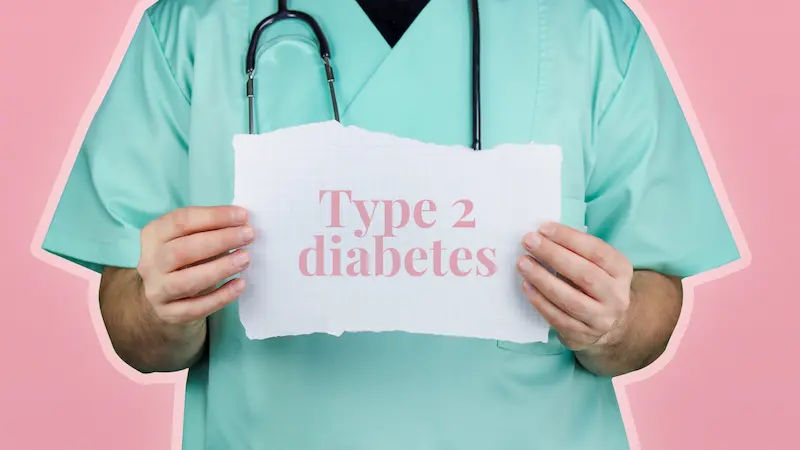Preventing Diabetes: Essential Tips and Methods
Learn essential tips and methods for preventing diabetes. Discover actionable steps to maintain healthy blood sugar levels, including diet, exercise, and lifestyle changes, and reduce your risk.


Introduction
Diabetes is a growing health concern worldwide, but the good news is that it can often be prevented with the right lifestyle choices. If you're worried about developing diabetes or have a family history of the condition, taking proactive steps can significantly reduce your risk. This article will guide you through simple, effective ways to prevent diabetes and maintain good health.
Understanding Diabetes
Diabetes is a chronic condition where the body either doesn’t produce enough insulin (Type 1 Diabetes) or cannot use insulin effectively (Type 2 Diabetes). Insulin is a hormone that helps regulate blood sugar levels. When this system fails, blood sugar levels rise, leading to serious health complications like heart disease, nerve damage, and kidney problems.
While Type 1 Diabetes is mostly genetic and not preventable, Type 2 Diabetes—which accounts for over 90% of cases—can often be avoided or delayed with healthy habits.
Who Is at Risk?
Certain factors increase the likelihood of developing Type 2 Diabetes:
Family history of diabetes
Being overweight or obese
Sedentary lifestyle (lack of physical activity)
Unhealthy diet (high in sugar and processed foods)
High blood pressure or cholesterol
Age over 45
History of gestational diabetes (diabetes during pregnancy)
If you have any of these risk factors, taking preventive steps is crucial.
Get Your Symptoms Assessed
Essential Tips to Prevent Diabetes
Essential tips to prevent diabetes are:
1. Maintain a Healthy Weight
Excess body fat, especially around the abdomen, increases insulin resistance. Losing even 5-10% of your body weight can significantly lower diabetes risk.
How to achieve it?
Eat balanced meals with whole grains, lean proteins, and healthy fats.
Avoid sugary drinks and processed snacks.
Practice portion control to avoid overeating.
2. Stay Physically Active
Regular exercise helps your body use insulin more efficiently and keeps blood sugar levels stable.
What to do?
Aim for at least 15-30 minutes of moderate exercise per week (like brisk walking, cycling, or swimming).
Include strength training (like weight lifting or yoga) twice a week.
Stay active throughout the day—take short walks, use stairs instead of elevators.
3. Eat a Balanced, DiabetesFriendly Diet
A nutritious diet is one of the best defenses against diabetes.
Foods to include:
Fiberrich foods (whole grains, fruits, vegetables, beans)
Lean proteins (chicken, fish, tofu, lentils)
Healthy fats (avocados, nuts, olive oil)
Foods to limit or avoid:
Sugary drinks (sodas, fruit juices)
Refined carbs (white bread, pastries, white rice)
Processed and fried foods
4. Drink More Water, Less Sugary Beverages
Sugary drinks spike blood sugar levels and contribute to weight gain. Water is the best choice—it keeps you hydrated without added calories.
5. Quit Smoking and Limit Alcohol
Smoking increases insulin resistance and diabetes risk.
Excessive alcohol can lead to weight gain and unstable blood sugar levels.
If you smoke, seek help to quit. If you drink, do so in moderation (1 drink per day for women, 2 for men).
6. Get Enough Sleep
Poor sleep affects hormones that regulate hunger and blood sugar. Aim for 7-9 hours of quality sleep per night.
7. Manage Stress Levels
Chronic stress raises blood sugar by increasing cortisol levels.
Stress-reducing techniques:
Meditation and deep breathing
Regular exercise
Hobbies and social connections
8. Regular Health Checkups
Early detection of prediabetes (higher-than-normal blood sugar levels) can help prevent full-blown diabetes.
Tests to consider:
Fasting Blood Sugar Test
HbA1c Test (average blood sugar over 3 months)
Oral Glucose Tolerance Test (OGTT)
If you’re at risk, consult a doctor for personalized advice.
Consult Top Physician For More Health Benefits
When to See a Doctor?
If you experience symptoms like:
Frequent urination
Increased thirst and hunger
Unexplained weight loss
Fatigue or blurred vision
Don’t ignore these signs—early intervention can make a big difference!
Final Thoughts
Preventing diabetes is largely in your hands. By adopting a healthy lifestyle—eating well, staying active, managing stress, and getting regular checkups—you can significantly reduce your risk. If you’re concerned about diabetes or need guidance, Apollo 24|7 offers expert consultations and diabetes screening tests. Book a consultation today and take the first step toward a healthier future!
Consult Top Physician For More Health Benefits
Consult Top Physician For More Health Benefits

Dr. Chethan T L
General Physician/ Internal Medicine Specialist
5 Years • MBBS, MD, DNB (General Medicine)
Bengaluru
Apollo Medical Center, Marathahalli, Bengaluru

Dr. Rajib Ghose
General Physician/ Internal Medicine Specialist
25 Years • MBBS
East Midnapore
VIVEKANANDA SEBA SADAN, East Midnapore

Dr Aakash Andgi
General Physician/ Internal Medicine Specialist
9 Years • MBBS MD
Bengaluru
Apollo Clinic, JP nagar, Bengaluru

Dr. Rohit Basu
General Practitioner
8 Years • MBBS, DNB (General surgery)
East Midnapore
VIVEKANANDA SEBA SADAN, East Midnapore

Dr. Arindam Bauri
General Physician/ Internal Medicine Specialist
12 Years • MBBS, MD General Medicine
Kolkata
LifeCare, Kolkata
(25+ Patients)


